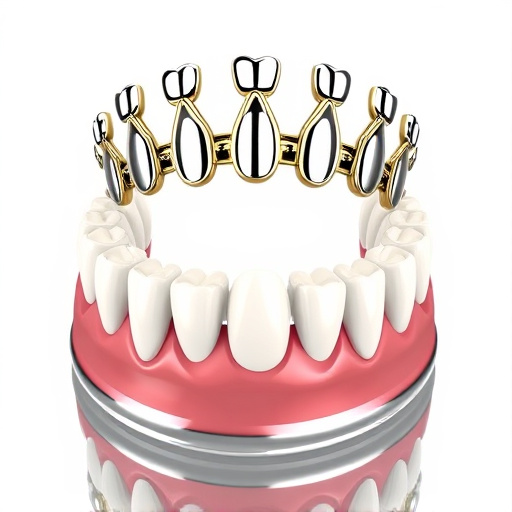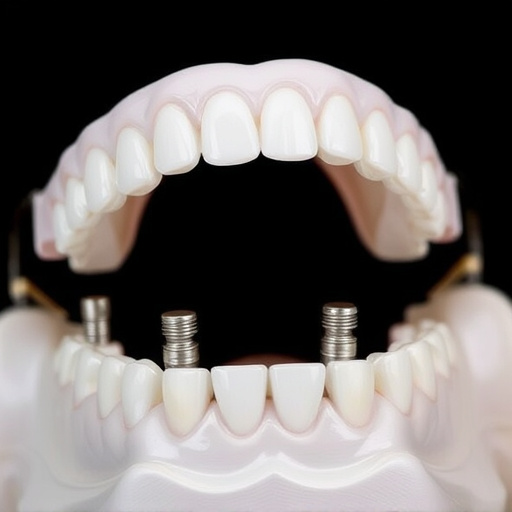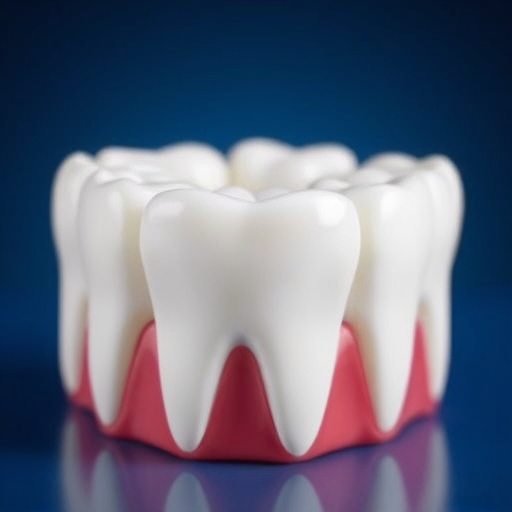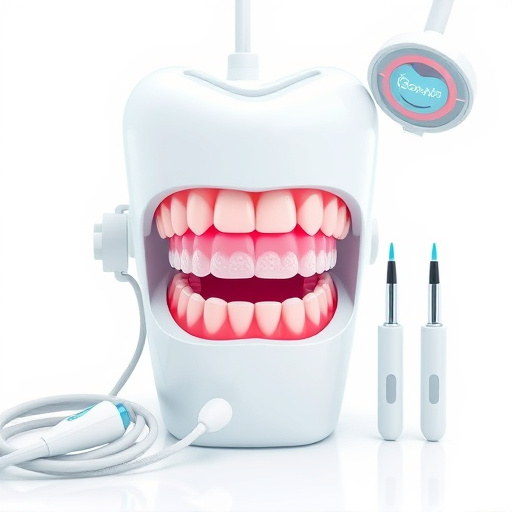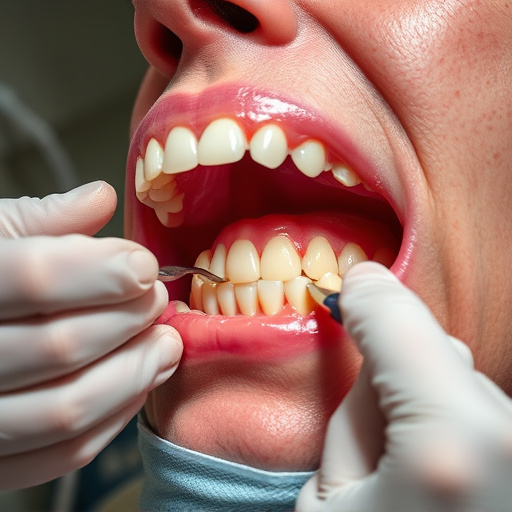Untreated sleep apnea increases health risks, impacting cardiovascular health, cognitive function, and dental well-being. Effective sleep apnea treatment, such as CPAP therapy, clear aligners, and proper oral care, is crucial for mitigating these complications and improving quality of life. Early intervention through tailored diagnosis and treatment plans prevents long-term issues.
Sleep apnea is a serious sleep disorder that, if left untreated, can have severe health consequences. This condition causes pauses in breathing during sleep, leading to disrupted rest and potential long-term risks including heart disease, cognitive decline, and diabetes. Understanding the risks associated with untreated sleep apnea is crucial. Explore effective treatment options available, from CPAP machines to oral appliances, and learn about the positive impacts of timely intervention. Discover paths to recovery and reclaim your quality of life.
- Understanding Untreated Sleep Apnea Risks
- Exploring Effective Treatment Options
- Long-term Impacts and Recovery Ways
Understanding Untreated Sleep Apnea Risks

Untreated sleep apnea is a serious health condition that can lead to a range of complications if left unaddressed. It’s crucial to recognize the risks associated with this disorder, as it silently impacts overall well-being. Sleep apnea treatment is essential not only for restoring quality sleep but also for mitigating potential long-term effects on the body.
The consequences of untreated sleep apnea can be far-reaching. It increases the risk of cardiovascular diseases, high blood pressure, and irregular heart rhythms. Additionally, it may contribute to cognitive impairments, memory loss, and decreased productivity. Even dental health can be affected, with conditions like wisdom tooth removal or the need for dental fillings becoming more prevalent in individuals with untreated sleep apnea. Effective sleep apnea treatment, such as exploring options like clear aligners, is vital to reduce these risks and improve overall quality of life.
Exploring Effective Treatment Options

Exploring Effective Sleep Apnea Treatment Options
Untreated sleep apnea can lead to a range of health complications, making it imperative to seek immediate solutions. Fortunately, modern dentistry offers several effective treatment options tailored to address this condition. One of the most common and successful approaches involves wearing a specialized mask during sleep, known as continuous positive airway pressure (CPAP) therapy. This innovative solution keeps the airways open, ensuring uninterrupted breathing throughout the night.
Beyond CPAP therapy, general dentists might recommend other non-invasive treatments or procedures such as wisdom tooth removal or clear aligners to rectify underlying structural issues contributing to sleep apnea. These options provide alternative paths to managing and alleviating symptoms, offering patients more choices in their journey towards improved sleep quality and overall well-being.
Long-term Impacts and Recovery Ways

Untreated sleep apnea can have severe long-term impacts on an individual’s health and well-being. Over time, it increases the risk of developing various cardiovascular conditions such as high blood pressure, heart disease, and stroke. Additionally, chronic sleep deprivation caused by apnea can lead to cognitive impairment, memory loss, and a higher chance of experiencing mood disorders like depression and anxiety. The good news is that early intervention through effective sleep apnea treatment can significantly mitigate these risks.
Recovery from sleep apnea begins with a proper diagnosis and tailored treatment plan. One popular and successful approach involves wearing a continuous positive airway pressure (CPAP) machine during sleep, which keeps the airways open. For those seeking more discreet options, clear aligners or oral appliances could be recommended. Regular teeth cleaning and routine oral exams are also crucial components of managing sleep apnea, as they help maintain overall oral health and prevent further complications.
Untreated sleep apnea poses significant risks to overall health, including cardiovascular issues and cognitive decline. However, with prompt recognition and appropriate treatment solutions—such as continuous positive airway pressure (CPAP) therapy or oral appliances—individuals can mitigate these dangers. Exploring effective sleep apnea treatment options is crucial for improving quality of life and ensuring long-term recovery. Remember that early intervention is key to managing this condition effectively.








